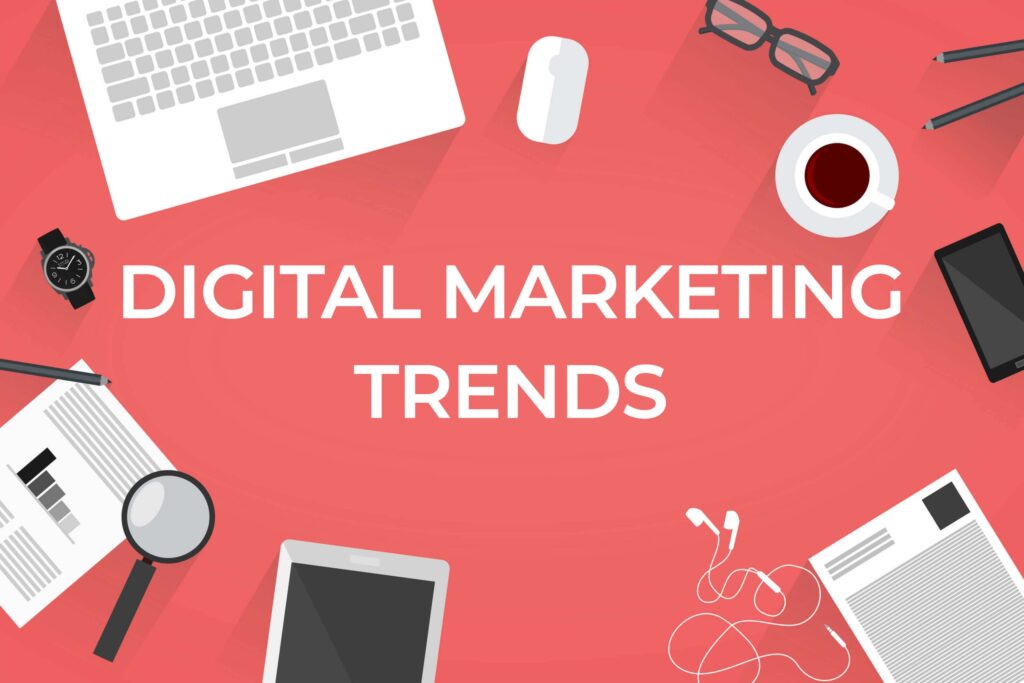Digital marketing is the process of using online channels to promote and sell products or services. It includes the use of email, social media, search engine optimization (SEO), and paid advertising to reach customers.
Consumers today are bombarded with marketing messages. Digital marketing helps businesses stand out in this cluttered landscape by targeting specific audiences with personalized ads.
Search Engine Optimization (SEO)
Search engines are a primary way that users navigate the web. As such, digital marketing campaigns often utilize SEO tactics in order to help a brand appear in prominent positions on SERPs (Search Engine Results Pages) when people conduct searches for keywords related to the product or service offered by that brand.
This involves optimizing a website’s content, conducting keyword research and earning inbound links to increase the relevance and visibility of a webpage on a search engine result page. It also includes using relevant keywords in title tags and meta descriptions, avoiding keyword stuffing, creating useful and informative blog posts and articles, as well as ensuring that pages load quickly, among other things.
One great example of SEO in action is when Coors Light promoted their beer by giving away free six-packs to anyone who tweeted with the hashtag #CouldUseABeer. This helped to raise brand awareness, as well as drive traffic to the company’s website.
Pay-Per-Click (PPC)
PPC is one of the most effective ways for businesses to drive traffic and sales from search engines. It can also be an excellent way to build brand awareness and reach new customers. PPC campaigns are typically structured into well-organized campaigns and ad groups that contain keywords that trigger your ads to be displayed when someone searches for those specific terms on a search engine.
Common PPC platforms such as Google AdWords offer an outstanding level of targeting abilities. You can target users based on search behavior, demographic information, interest, device type, location and even remarketing lists of previous website visitors.
Advertisers can set ad targeting down to the zip code level and utilize bid modifiers to adjust their max cost per click for different devices (desktop/laptop, mobile, tablets). It takes 2 – 4 months on average to gather enough data to know whether or not your PPC campaign is performing as it should be.
Social Media Marketing
Social media marketing is a crucial component of digital marketing. With billions of people on platforms like Instagram, Facebook, and TikTok, social media can help businesses promote their products or services to a huge audience. It also helps brands generate leads and sales by encouraging people to follow a company’s social media accounts, visit its website, or purchase its products directly through social media ads.
Social media marketing can also be used to humanize a business, making it more relatable and trustworthy to consumers. This can be done by using posts to highlight the people behind the brand or by creating content that is relevant to the audience. It can also be used to encourage engagement from the public, such as by asking questions or running a contest.
Email Marketing
Email marketing is a type of digital marketing that involves sending messages to a group of people who have opted in to receive them. It can be used to support other marketing campaigns, announce sales, share company news and updates, or simply stay in touch with existing customers.
When done well, email marketing can be a powerful tool to drive business and build relationships with your customers. It can be especially effective when combined with social media marketing, which can help promote your emails and increase their reach.
However, it is important to remember that your emails are competing with others in the inbox. If the content is not quality or the email looks suspicious, the recipient may label your message as spam and delete it. Also, be aware of any national or international regulations on email marketing. For example, the CAN-SPAM Act in the US and GDPR in the UK have strict requirements for how personal information is treated.



